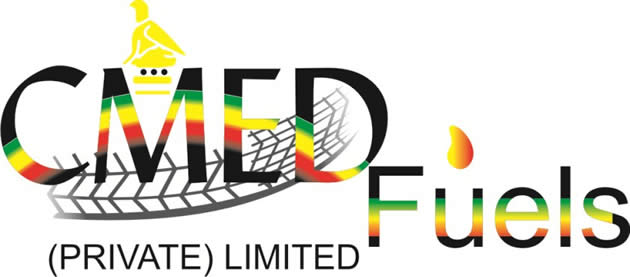EDITORIAL COMMENT: Don’t be a victim this holiday


File Pic: A City Link bus rests on a Nissan UD lorry it collided with, killing three people on the spot and injuring several others near Norton along the Harare-Bulawayo Road.—(Picture By Tawanda Mudimu)
WE have begun a long holiday weekend: more traffic will be on our roads, more drivers will be drinking and speeding, and more of them will die or kill their families or kill others using the roads.
Police roadblocks help a little. They ensure drivers are licensed and are not obviously drunk and that vehicles are licensed and therefore that they are also insured. But this is about as far it goes: a quick check that reminds most drivers to be careful and then back to as it was.
Of far more value are those police speed-traps and the highway patrol vehicles that go round looking for bad driving as well as mounting quick surprise speed-traps at unexpected places.
We hope that the police will be able to use every one of the limited number of speed radars they have working this weekend, for that will at least reduce one big killer.
A second major killer is alcohol. Unfortunately, Zimbabwe does not test much to see if drivers are over the limit or even drunk.
We have to rely on the common sense of drivers, and it is clear that many Zimbabweans feel they are quite capable of controlling a car when they have downed a few beers.
Statistics show they are wrong, and part of the holiday death toll comes from the higher likelihood that many drivers, being off work, are drinking during the day.
We have suggested before that equipping roadblocks with the basic breathalysers common in some countries would do a great deal to keeping our roads a lot safer, and we suspect that at least in the early stages of zero tolerance to drinking and driving, the fines would more than pay for the equipment.
The third killer is bad driving, and Zimbabwe has a lot of bad drivers plus a lot of fairly reasonable drivers who try and drive when tired, drive long distances as quickly as possible, and drive too fast on dark roads. Bad driving and wrong driving kill. We saw that this week, when a Zupco bus and a truck side-swiped.
Obviously one driver erred, and yet both are professionals earning their living driving, and are probably a lot better than the average drivers on the road.
Sometimes, in some places and some conditions, the speed limit is far too fast. We are not saying either vehicle was speeding, but we do say that at lower speeds it is easier for two vehicles to pass, especially on curves or where the road is raised to cross a stream.
Night driving kills more than it should, largely because so few people take the trouble to work out what is their minimum breaking distance and then checking to see if their headlights will light up an obstruction in time. If not they will have a problem.
We might need to borrow the law in several countries that compels drivers to carry a spare headlight bulb.
These are cheap and easy to replace and having both bulbs does give a driver a better chance of seeing obstructions.
Even roadblocks would be a useful place to be told a bulb was out and would offer protection while this was changed.
The offence can be not having a spare, not having a dead light.
A final major killer is the impatience so many show on the roads.
Taking a trip a little easier, going with the flow and enjoying the ride a bit more does not add much to the travel time; few trips would be more than 15 percent longer and would be a lot safer and more enjoyable.
Leaving early enough to complete a trip in daylight will boost the chances of living through that trip.
Most drivers know the rules and have heard the suggestions. What is needed now is for them to follow them and assume that sometimes the expert does know better.
If we drive more safely we can demand others do the same.










Comments